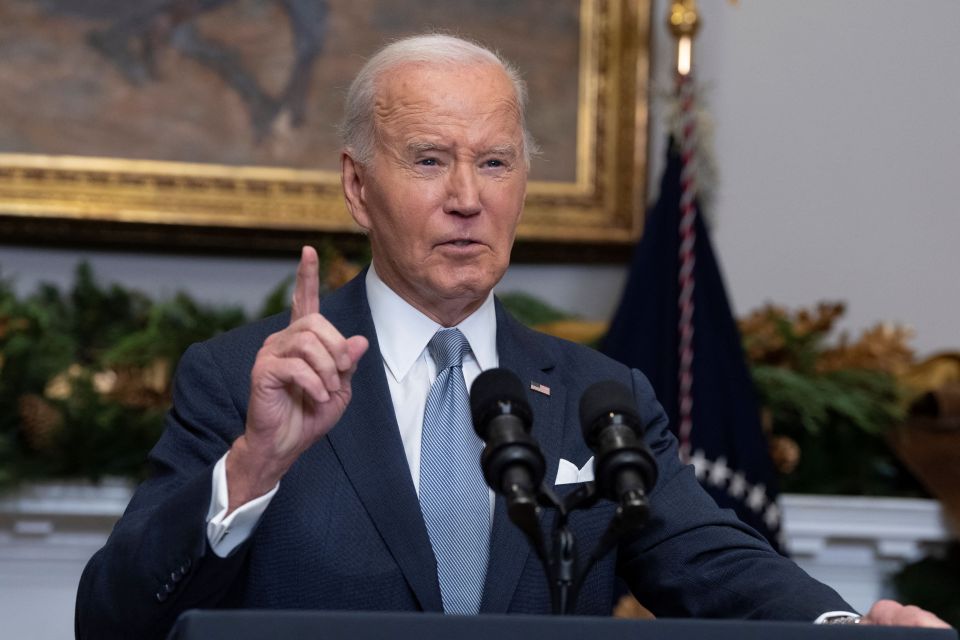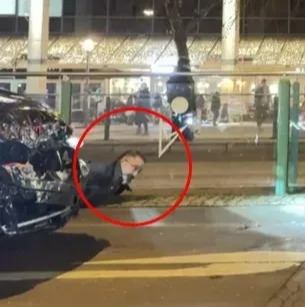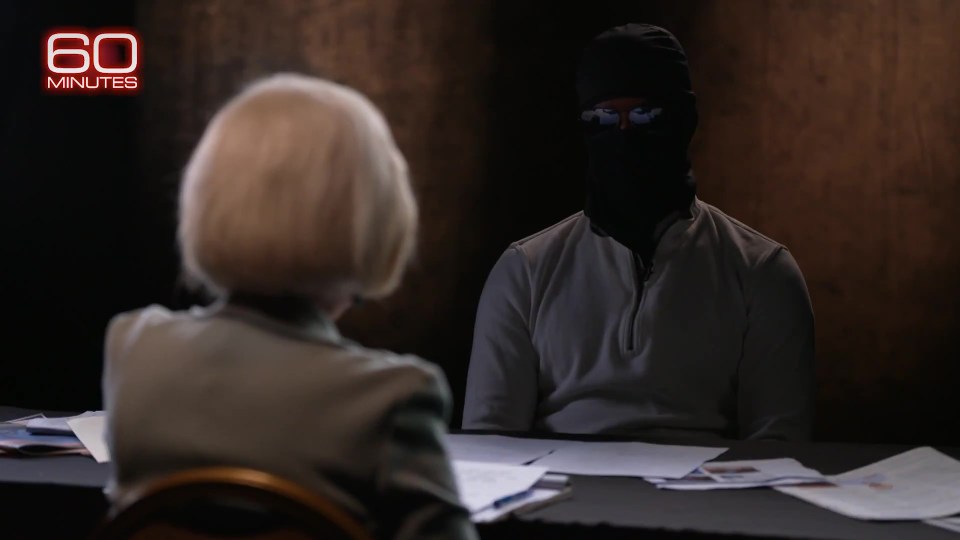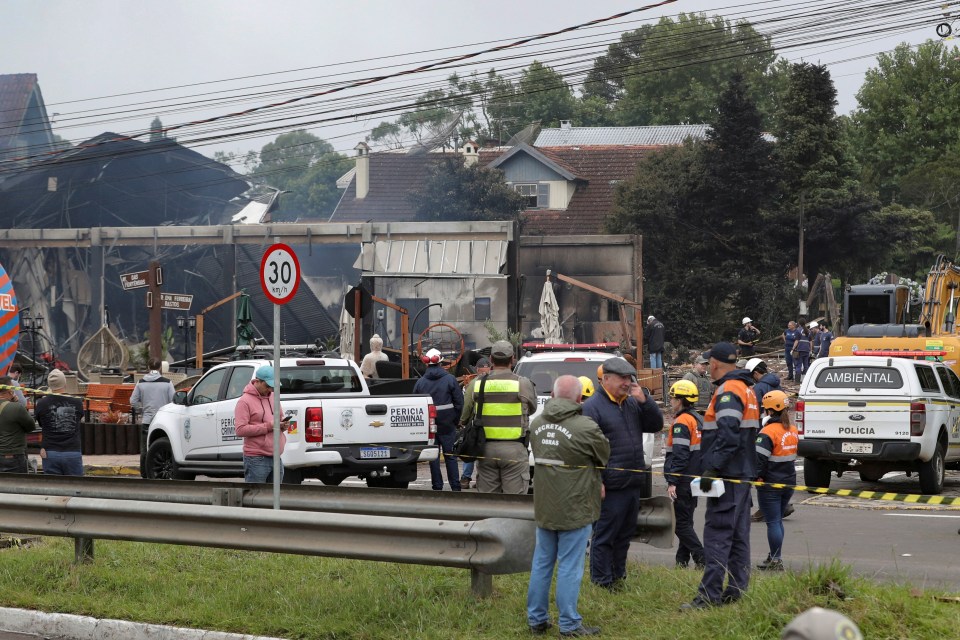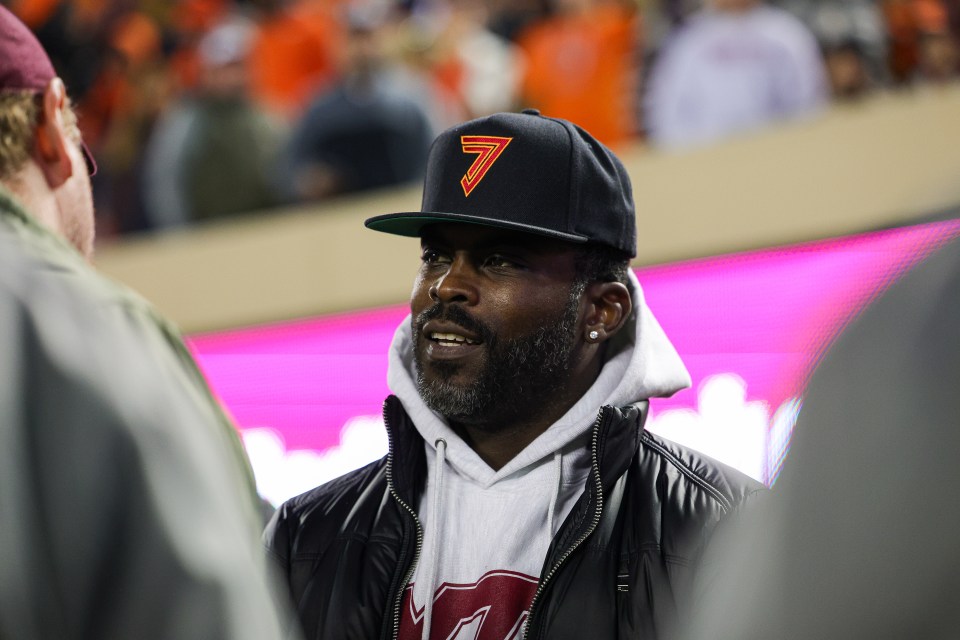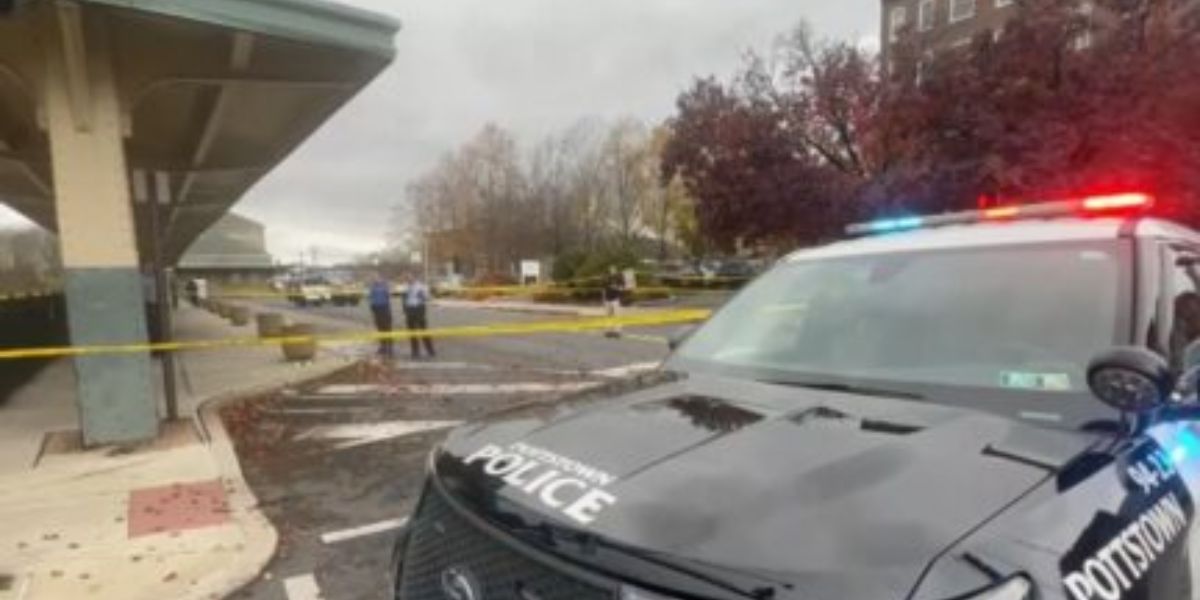Shocked Murder Here! Community Letter Highlights Homelessness Connection To Pittsfield Murder
DEBARYLIFE – I went back to Berkshire County, where I had grown up, at the turn of the century. I had not seen my family in a score of years, having left right after high school. Pittsfield in the 1960s and 1980s was a utopia that is difficult to convey. There was hardly any crime. A major “news story” about kids drinking beer by fires in the woods caught my attention when it appeared in The Berkshire Eagle.
Pittsfield had low crime in the 1990s when the town was only beginning to see the effects of GE’s downsizing-related economic collapse. Most historians concur that crime reached a national peak in the 1990s, but the Berkshires mostly avoided it.
As a child, I recall sitting at the kitchen table listening to my father discuss the one Pittsfield murder that he was aware of. It appears that a man was having an affair with a married Lakewood woman at some point in the 1940s.
The spouse of the extramarital affair was aware that the man his wife had an affair with commuted to GE across the Newell Street Bridge that crosses the Housatonic. When his wife’s lover was ready to cross the bridge, the husband waited and used a shotgun to blow his brains out. I think that for decades before the year 2000, this was Pittsfield’s only murder—though this is an unproven theory that should be treated with some skepticism. If nothing else, my parents seemed to be aware of only that one.
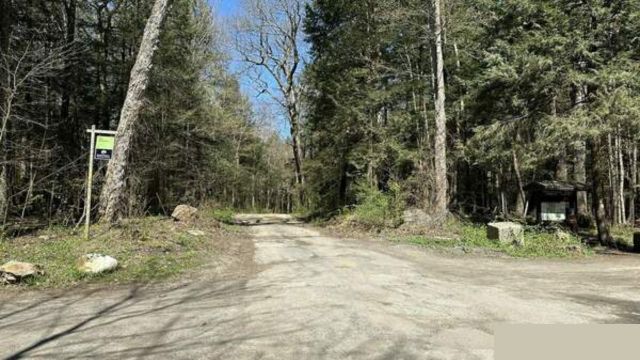
When one quickly searches the Internet, one finds information about an unsolved murder involving “May Fosburgh [who] was found dead in her home on Tyler Street in Pittsfield, early in the morning of August 19, 1900.” Maybe a local historian could find more killings, but I believe that, in general, the Berkshires were a relatively safe place to live until 2000.
SEE MORE – Pittsfield Man Receives Prison Sentence For Heroin, Firearm Seizure
Studies reveal that during the 20th century, there were roughly six unsolved Berkshire murders. The former Notre Dame church now stands in front of a memorial for a murder victim on Merrill Street in Pittsfield, across the street from the Boys and Girls Club where I used to play hockey.
I recall my father taking my siblings and me to Fenway Park in Boston. I had never before seen homelessness up close. Back then, those without homes were referred to as “derelicts”; oddly enough, this phrase was meant to be a “polite” alternative to “bum.”
Homelessness wasn’t an issue in the Berkshires during my numerous visits there, but it was in Boston during the 1980s and early 1990s when I was living there. Then around the turn of the century, the unhoused population appeared at Park Square in Pittsfield and drive islands of shopping mall entrances. They multiplied after that.
Over the next five years, I began to notice a new phenomenon: a number of the homeless individuals I encountered were people I had known before, back when they were housed. Chris Hairston, a Pittsfield resident who was killed while visiting Greenfield, was one of those stunning but unfortunate individuals.
A mutual friend and community leader Nicole Fecteau wrote on Facebook, “While it may never be known for sure, I believe the altercation that led to his murder at this apartment in Greenfield was Chris’s attempt to find yet another couch for the night.” You find yourself in dubious living conditions when you lack suitable housing.
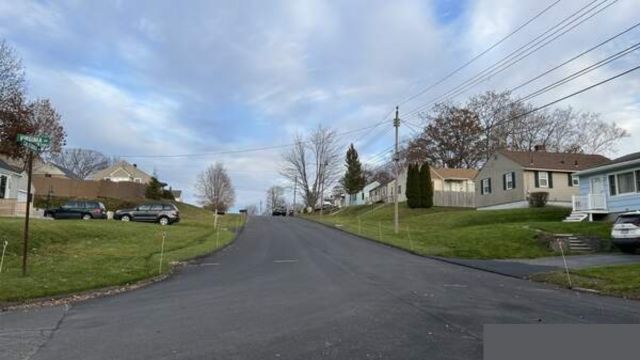
Sure, Chris had his demons. Fecteau wrote, “I believe the chronic homelessness was the largest impedance to his ability to heal fully.” As a nation, we have other priorities than homelessness: Congress just released $95 billion in foreign aid for wars.
SEE MORE – Is It Good? Michigan Police Step Up Efforts Against Distracted Driving With New Program
Reading the Berkshire Eagle archives, you see a 2011 story about Chris appearing at a drum expo in Berkshire County: Chris was a drummer for many bands and drum circles. There is a 2007 story about Chris being a “Berkshire State Qualifier” in high school wrestling for Taconic in the 152-pound division. Chris in every normal sense was a part of our community.
I have a memory of many years ago when the Berkshire Fatherhood Coalition was in Pittsfield’s Fourth of July Parade. I remember somewhere in the middle of North Street as our float progressed, marionette Dion Robbins-Zust yelled to Chris. I remember Chris donning a Taconic band uniform with his drum. Chris was returning up North Street after the band was done. Dion yelled to Chris to get on the float.
Chris, then young and buff, hopped on the float without hesitation, and smiled the whole way down the parade route for his second time, banging his drum and shouting glee to others. Chris was pure joie de vivre. On that day, with his future ahead of him, Chris was perfect, beautiful, and one of us. We should do better.

